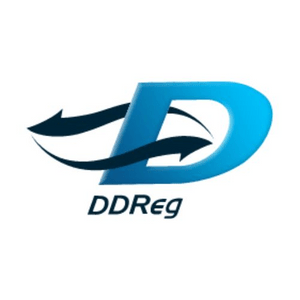
Pharmacovigilance, or drug safety, is a critical aspect of the pharmaceutical industry. It involves detecting, assessing, understanding, and preventing adverse effects or other drug-related problems. The United States Food and Drug Administration (FDA) has established several safety requirements that pharmaceutical companies must comply with to ensure that drugs are safe and effective for public use. In this article, we will discuss the US FDA safety requirements for pharmacovigilance.
Introduction to US FDA Safety Requirements for Pharmacovigilance
The US FDA is responsible for ensuring that all drugs marketed in the US are safe and effective. The FDA monitors drugs throughout their lifecycle, from preclinical studies to post-market surveillance. One of the primary ways the FDA ensures drug safety is through pharmacovigilance. Pharmacovigilance is a continuous process involving collecting, assessing, and evaluating safety data for drugs.
US FDA Safety Requirements for Pharmacovigilance
The US FDA has established several safety requirements that pharmaceutical companies must follow to ensure that drugs are safe for public use. Some of these requirements include the following:
- Adverse Event Reporting
Pharmaceutical companies must report adverse events during clinical trials or after a drug is marketed. Adverse events include any unexpected or harmful reactions to a drug, including side effects, allergic reactions, and other adverse reactions.
- Risk Management Plans
Pharmaceutical companies must develop risk management plans for drugs with known or potential safety concerns. These plans outline how the company will monitor the drug's safety and take action if any safety concerns arise.
- Labeling Requirements
Pharmaceutical companies must include accurate and complete information on drug labels. This includes information about the drug's intended use, dosage, administration, and possible side effects.
- Post-Market Surveillance
The FDA requires pharmaceutical companies to conduct post-market surveillance to monitor the safety of drugs already on the market. This includes monitoring adverse events and taking action if any safety concerns arise.
- Periodic Safety Update Reports
Pharmaceutical companies are required to submit periodic safety update reports to the FDA. These reports provide updated safety information about drugs and outline any safety concerns or actions taken to address safety concerns.
- Risk Evaluation and Mitigation Strategies (REMS)
REMS are comprehensive risk management plans that are required for drugs that have known or potential safety concerns. These plans outline how the company will monitor the drug's safety and take action if any safety concerns arise.
Conclusion
In conclusion, pharmacovigilance is a critical aspect of the pharmaceutical industry. The US FDA has established several safety requirements that pharmaceutical companies must comply with to ensure that drugs are safe and effective for public use. These requirements include adverse event reporting, risk management plans, labeling requirements, post-market surveillance, periodic safety update reports, and risk evaluation and mitigation strategies (REMS).
DDReg Pharma offers top-notch pharmacovigilance services to pharmaceutical companies, ensuring compliance with regulatory requirements and patient safety. With our extensive experience and expertise, we provide comprehensive solutions for post-market surveillance, risk management, and adverse event reporting.
FAQs-
What is Pharmacovigilance?
Pharmacovigilance is detecting, assessing, understanding, and preventing adverse effects or other drug-related problems.
What is the role of the FDA in drug safety?
The FDA is responsible for ensuring that all drugs marketed in the US are safe and effective. The FDA monitors drugs throughout their lifecycle, from preclinical studies to post-market surveillance.
What is an adverse event?
An adverse event is any unexpected or harmful reaction to a drug, including side effects, allergic reactions, and other adverse reactions.

